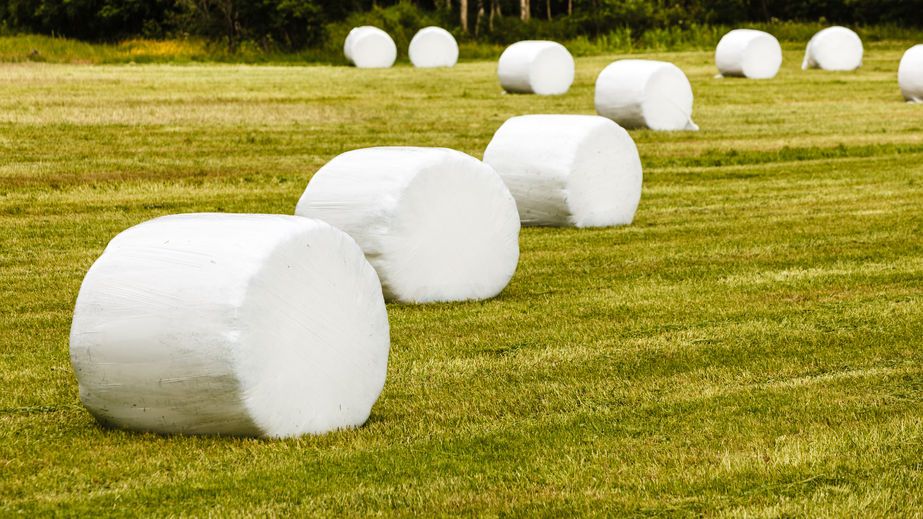
Farmers and growers across the country are being encouraged to dispose of waste responsibly as this year's Recycle Week gets underway.
Running from Monday 20 September to Sunday 26 September, the annual initiative encourages the public and businesses to recycle materials.
The weeklong campaign aims to reduce the amount of waste going to landfill, in turn creating a more circular economy.
This Recycle Week, farming businesses are being encouraged to re-familiarise themselves with the rules around farm waste disposal.
Specifically, farmers and growers are being urged to reduce, reuse and recycle to minimise the waste plastic use on farm.
Where waste is generated, there are a number of options farmers can use for disposal, according to NFU Scotland, which has issued new advice.
Some local authorities take agricultural waste as part of their commercial waste collection service, and others may take plastic waste at their recycling centres.
Farmers should get in touch with their local authorities and councils directly to discuss the options available, the union said.
There are also a number of specialist recycling services operating throughout the country, it added.
NFU Scotland’s environmental resources policy manager, Sarah Cowie said: "NFUS encourages working together with other farm businesses in your area to consider what can be done collectively to make it easier and cheaper for waste to be collected.
"When organising your waste for disposal, it’s important waste is separated by type. Recycling providers are unlikely to want to collect undifferentiated waste because it increases costs for them to separate into different waste streams.
"Undifferentiated waste can potentially end up going to landfill, which can lead to increased costs that will ultimately be borne by the farmer."
Another general rule is that the cleaner the plastic, the better, as clean plastic is much easier and cheaper to recycle, Ms Cowie explained.
"Different companies will have different rules on contamination, but make sure you don’t contaminate collectible waste with items such as batteries, gloves, or medicine waste.
"Another key point to remember is if collection is by weight, and wet material will cost more to dispose of."
